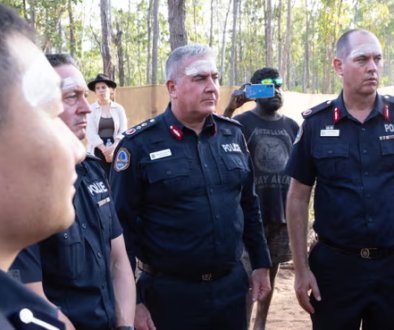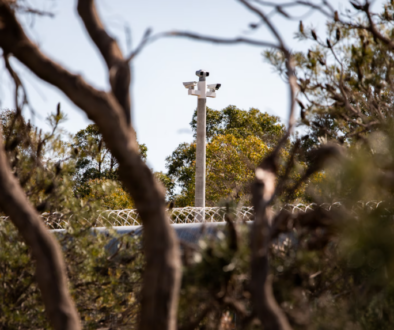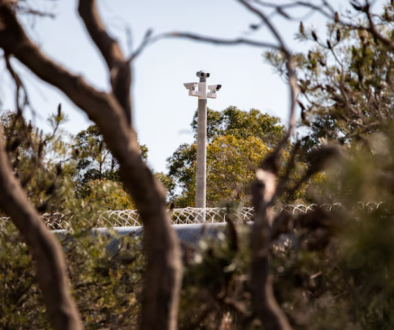Lawyers blast Corrections Minister Paul Papalia over his criticism of Children’s Court judge
Key points:
- In short: WA Corrective Services Minister Paul Papalia was highly critical of the sentence handed down to a teenager who assaulted staff inside the controversial Unit 18 juvenile detention facility.
- But top Perth lawyers have hit back at the minister, saying his criticism could “undermine public confidence in the justice system”.
- When asked about his comments yesterday, the minister refused to back down.
Lawyers have fired back at Corrective Services Minister Paul Papalia for his criticism of a judge’s sentencing of a juvenile detainee, saying he’s undermining a core democratic principle.
Judge Wendy Hughes last week told a 17-year-old, who pleaded guilty to three counts of assaulting staff while in detention, he had been “well and truly failed” by a system that had not addressed his mental impairments.
He can’t be legally identified, but the ABC is calling him Toby.
Toby was given a 12-month sentence for more than two dozen offences, but no specific penalty for the assaults.
Mr Papalia was critical of that outcome on Tuesday, saying: “There was some failures with that particular incident, and it was the officer who was assaulted by a juvenile detainee and then there was no consequence.”
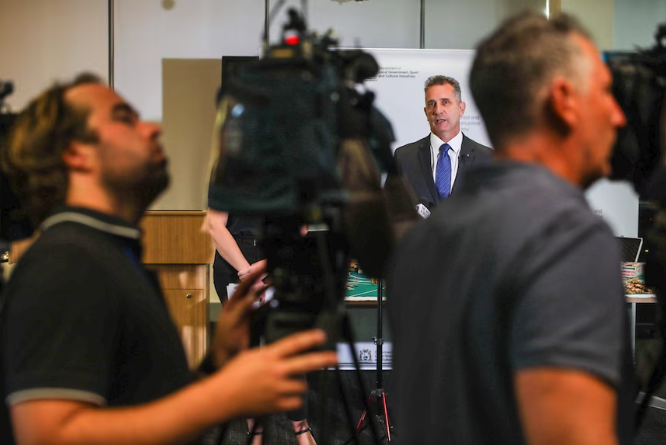
It’s prompted both the state’s Law Society and Criminal Lawyers’ Association (CLA) to take the rare move of publicly condemning the minister for his comments.
“It’s not the role of a member of the executive to undermine the decision of a judicial officer who has made a decision appraising all the facts and [having] considered them carefully,” Law Society Vice President Gary Mack said.
“It undermines the administration of justice and the public confidence of the justice system, which we need.”
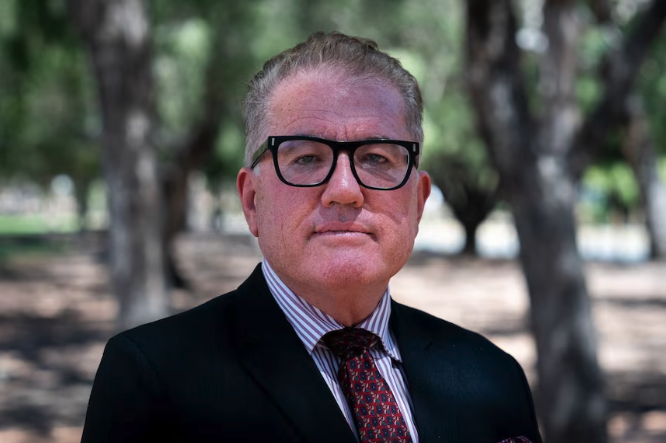
The CLA took a similar tone, questioning in a statement whether Mr Papalia would “apologise to Judge Hughes for his unwarranted attack on her” and pointing out that “political, personal attacks on individual judges and courts are also unfair because judges cannot answer back”.
“When politicians make comments like this, there’s a real risk of them eroding public confidence in the judiciary and in the rule of law,” CLA President Tony Elliott said.
“I hate to think where that leads us, but traditionally that’s the sort of thing that leads to anarchy.”
Minister standing firm
Asked about his comments again yesterday, Mr Papalia stood by what he said.
“Under the law you should receive a consequence for assaulting someone, I think that’s pretty fundamental and reasonable,” he told reporters.
Asked five times if he had seen a transcript of the judge’s comments, or video of incidents involving the detainee released to media, Mr Papalia refused to answer each time.
When pushed on whether it was a dangerous precedent for a minister to criticise the work of independent courts, he seemed to suggest it was judges who were overstepping the mark.
“There should be separation of powers and there’s been a lot of commentary from people in the judiciary in a bit of an activist manner,” he said.
Mr Mack said he had seen no evidence of that, noting some Children’s Court judgements were published online.
“Those reasons are publicly available, they’re available on websites, and it’s up to the public to read those decisions and form their own views,” he said.
Possible appeal over sentence
Judge Hughes had been sentencing the boy for more than two dozen offences, including assaulting guards by spitting at them and biting them, as well as hitting one guard with a metal plate, causing a one-centimetre gash to his head.
Footage released by the court showed the lead up to another incident where Toby spat in the face of a female guard after being pulled from a wall cavity, on a day he’d repeatedly threatened to take his life, and damaged three cells and a staff toilet.
He was also accused of assaulting two guards by biting them and spitting at one, with video showing heavily armed officers storming his cell to remove him after more self-harm threats, but those charges were later dropped.
Judge Hughes sentenced Toby to 12 months in detention for all of the offences, which included trying to steal cars, and ultimately getting away with one, while armed with a machete.
But she did not impose a specific sentence for the assaults, using a provision of the Young Offenders Act that gives judges that discretion.
Judge Hughes told the court the overall sentence reflected the need to balance the justice system’s inability to care for Toby’s diagnosis of ADHD and a cognitive disorder with keeping the community safe.
“When he gets out it’s unlikely the community’s going to be any safer … and that is a very sad point [to have reached],” she said.
Attorney-General John Quigley said the Office of the Director of Public Prosecutions was considering whether it should appeal Toby’s case.
“The attorney-general has the utmost respect for the Office of the Director of Public Prosecutions and its independence,” he said in a statement.
“I also support the minister for Corrections’ right to represent, and support, the wonderful work of Western Australia’s dedicated youth custodial officers and corrections officers and their right to be safe at work.”
Minister has options, says expert
Mr Elliott said it was “simplistic” for the minister to say there were no consequences for Toby.
“Sentencing in a case like this is very complex because the young person in question was facing a number of challenges, and it’s very difficult to synthesise a sentence in circumstances when you’ve got so many competing considerations,” he said.
“The minister seems to have focused on one very small piece of this equation and had no regard at all for the fact that a lengthy term of detention was imposed in circumstances where I understand the young person had already spent a considerable amount of time in custody.”
The experienced criminal lawyer, who has appeared in the Children’s Court previously, said there were other options open to Mr Papalia.
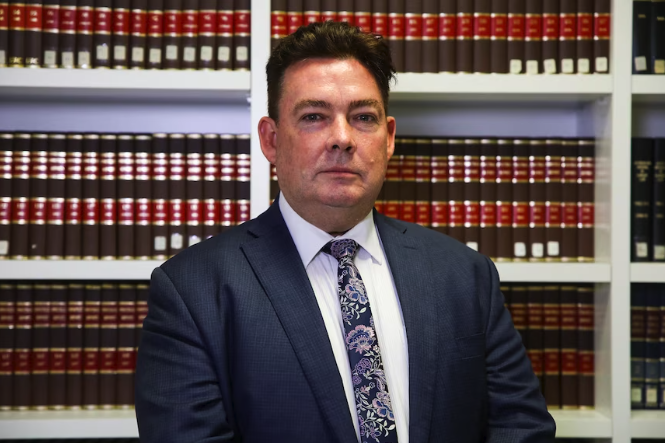
“If he thinks that the legislation is not operating correctly, as a parliamentarian he can raise the matter in parliament where the laws are made,” he said.
It comes after The Law Society on Saturday said commentary from Mr Papalia about the work of the courts – including his criticism of a judge who last year acquitted a 10-year-old boy who tried to ram a police car in a stolen vehicle because he did not grasp the severity of his offending – “risks compromising our judicial independence”.
“In Western Australia there are very few appeals against Children’s Court sentences, suggesting courts routinely get it right,” president Paula Wilkinson said.
Ms Wilkinson said the society had repeatedly called on the government to deal with the “juvenile detention crisis” which she said was “entirely the government’s responsibility”.
Contact us
Please provide a brief description of your claim.

